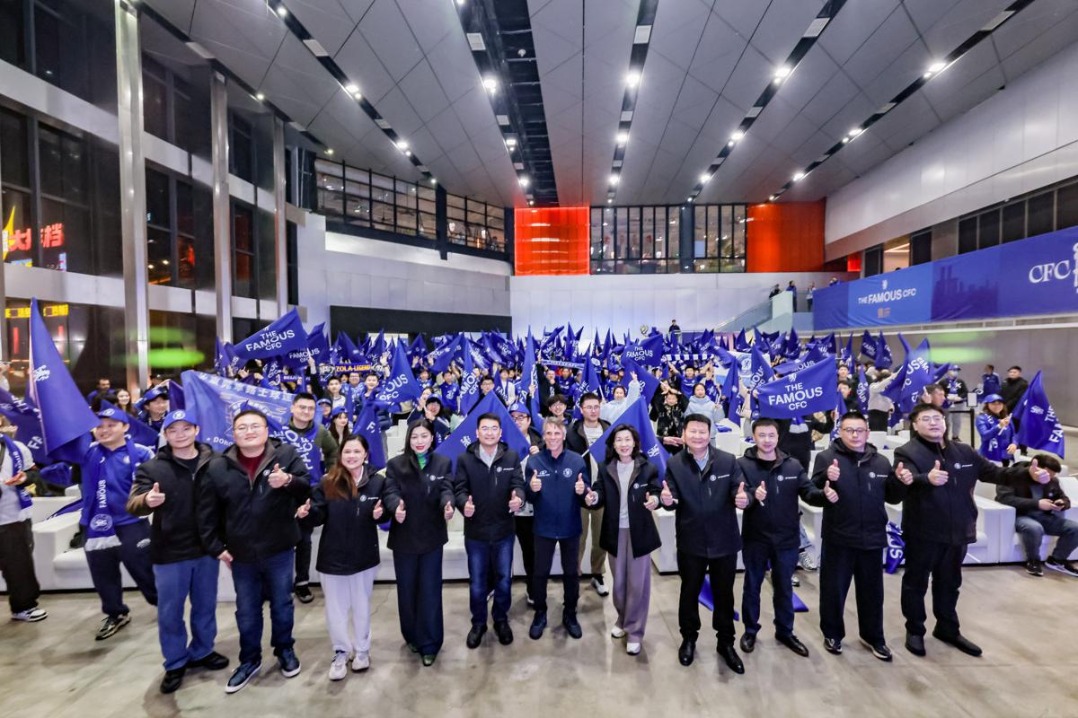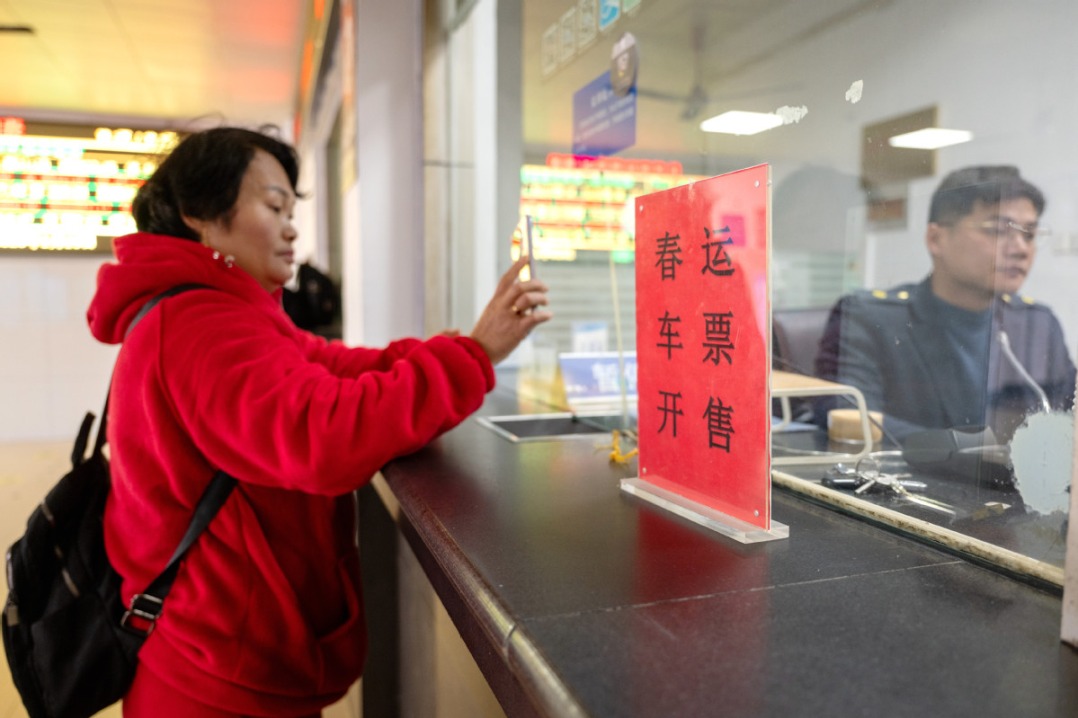Global youth unemployment falls, but challenges persist

Despite the global aggregated youth unemployment rate falling to a 15-year low last year, labor organizations say there needs to be better quality, more regular and secure jobs for young people.
The International Labor Organization, a United Nations agency focusing on employment, recently released a report, detailing that the unemployment rate of those aged between 15 to 24 globally was 13 percent last year — accounting for roughly 64.9 million people and representing a 15-year low and a fall from the pre-pandemic rate of 13.8 percent in 2019. The organization estimated that the rate will further decline to 12.8 percent this year and the following year.
The organization concluded that although the unemployment rate is falling, problems still exist such as limited job opportunities in the sectors of modern services and manufacturing, and there being not enough high-skilled jobs for those well-educated.
It said the youth struggle to access decent jobs, productive jobs with fair pay, safe working conditions and social security and good career prospects.
According to the report, more than half of young employees globally have taken on informal jobs. In high and upper-middle-income economies, their young people are more likely to get secure and regular jobs. In low-income economies, three-quarters of young people are either self-employed or working temporary jobs.
The organization called for "increased and more effective investment" and "improved international cooperation, public-private partnerships and financing for development" to tackle global employment inequality so that young people worldwide can be more confident about their future prospects.
For China's part, it has taken steps in recent years to lower the jobless rate among young people by diversifying opportunities in the job market.
The Ministry of Human Resources and Social Security launched a 100-day campaign in June, aiming to accumulate over 10 million youth job openings, especially for new graduates.
The campaign received a positive response from local authorities. Tianjin — a port city in China's north, has organized some 200 job fairs and accumulated nearly 100,000 vacancies from 3,962 companies. The eastern province of Jiangsu has collected over 1,300 internship vacancies in the digital economy for college graduates.
Guo Sheng, CEO of recruitment portal Zhaopin, said that the younger generation is pursuing a fairer relationship with employers. These employers need to explain not only the company's remuneration and working culture, but also their industry's prospects and the company's operating practices.
"Young people can have clear job-hunting targets and a good understanding of personal skills and advantages. They can pay closer attention to the market, knowing employers' recruiting standards and what kind of talent they most want," he said.
He suggested young job seekers attain more practical experience from internships and learn to use modern tools such as artificial intelligence to help with their resumes and interview skills.
- Woman executed for abusing and killing stepdaughter
- Zhangjiakou academy students hit Olympic ski slopes as winter break begins
- Chelsea legend Gianfranco Zola visits Chongqing fans
- Winter storm transforms Zhangjiajie's Tianmen Mountain into frosty wonderland
- Wuhan receives first snow of year, images go viral
- China steps up emergency response as temperatures drop sharply





































